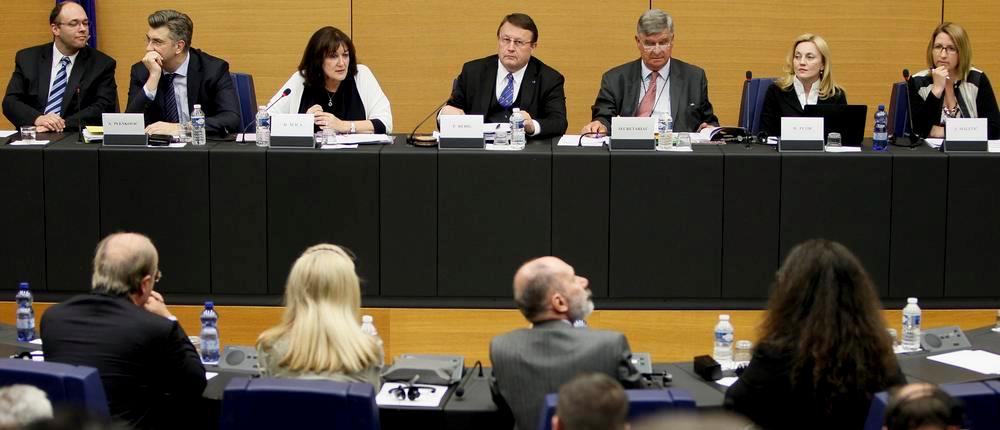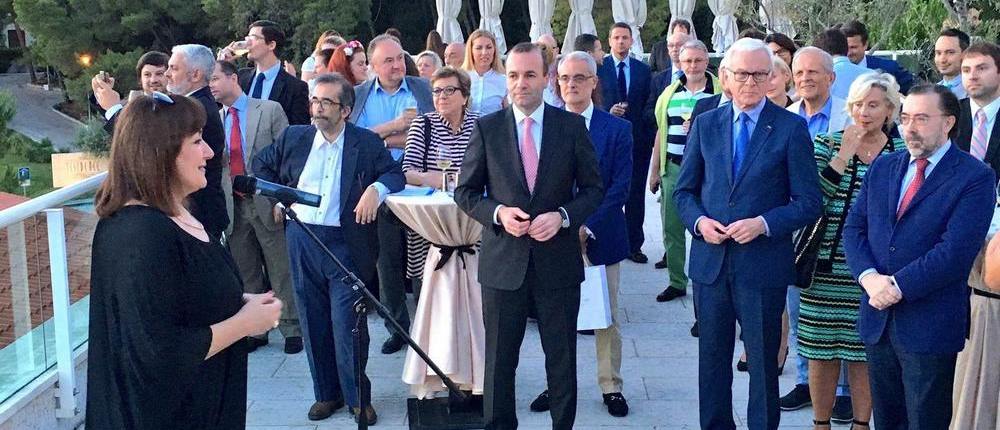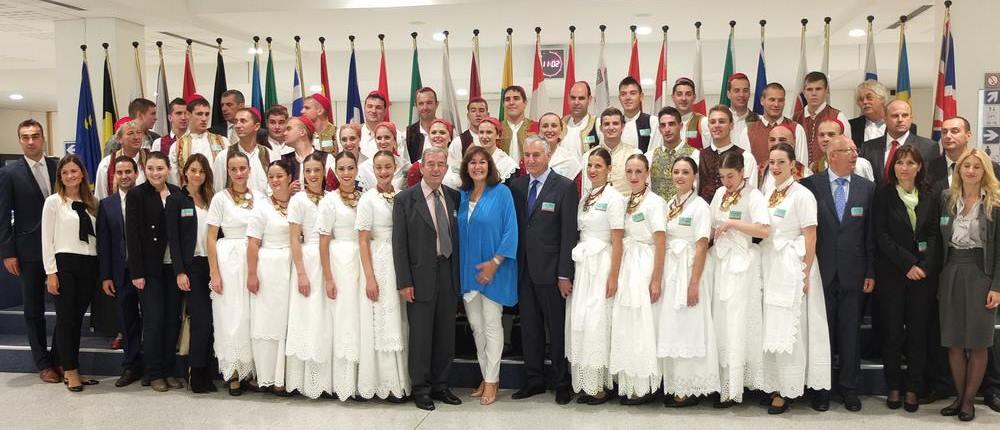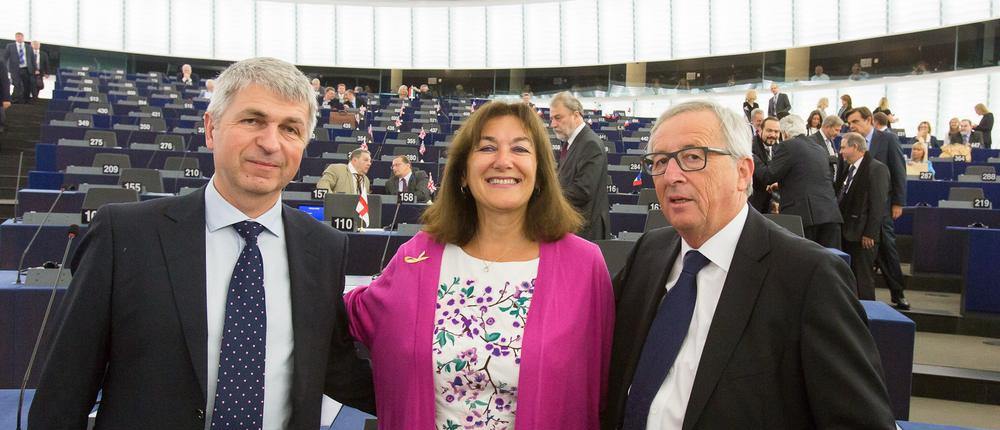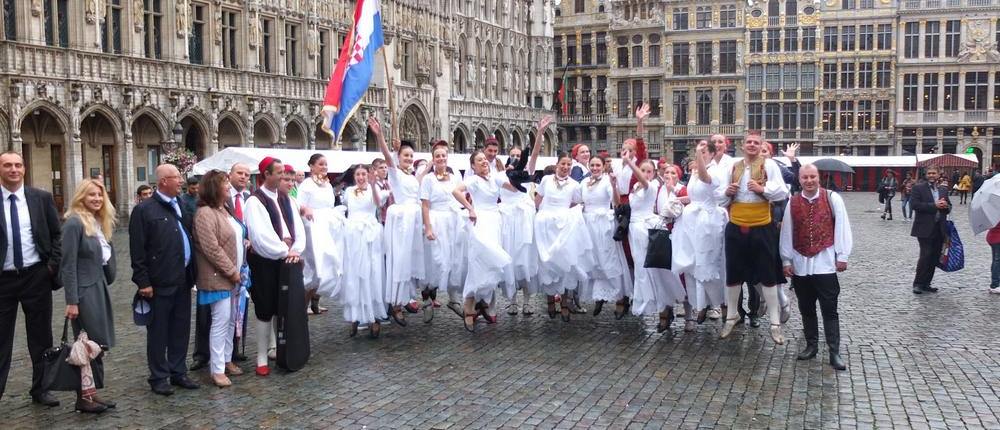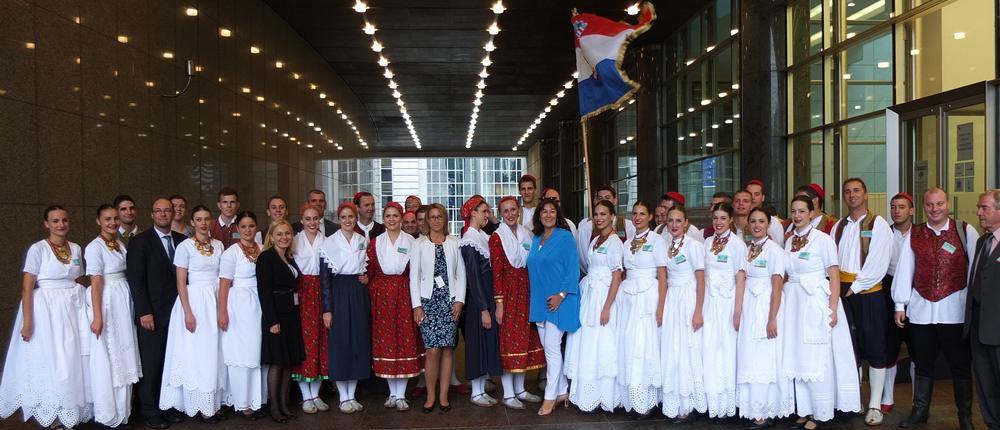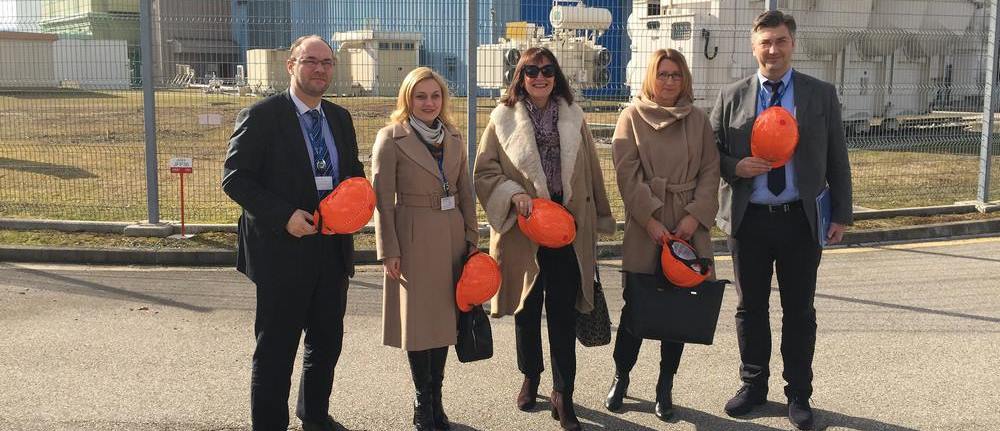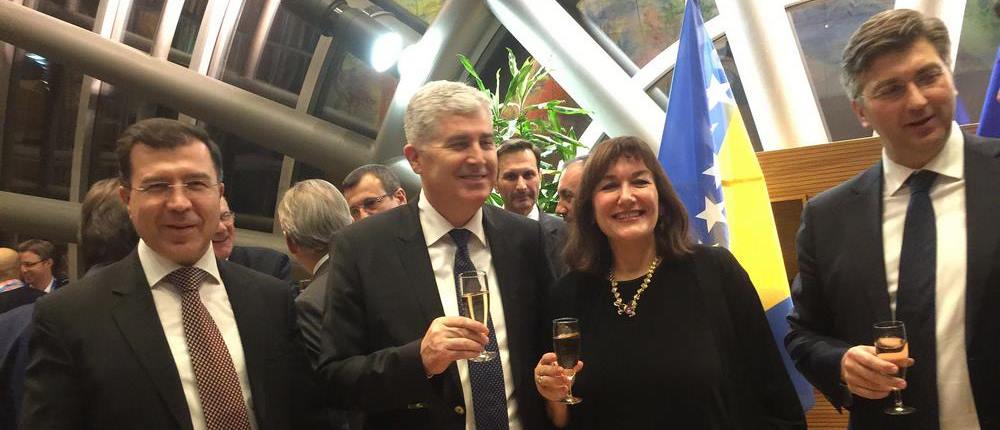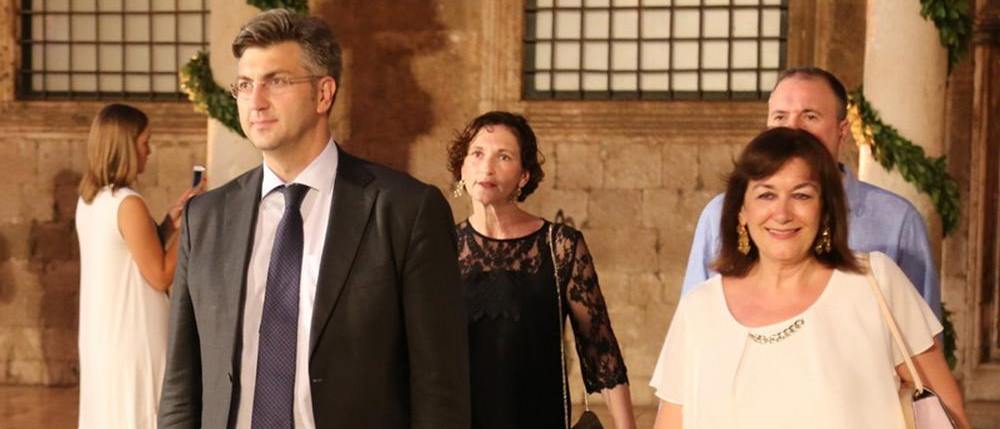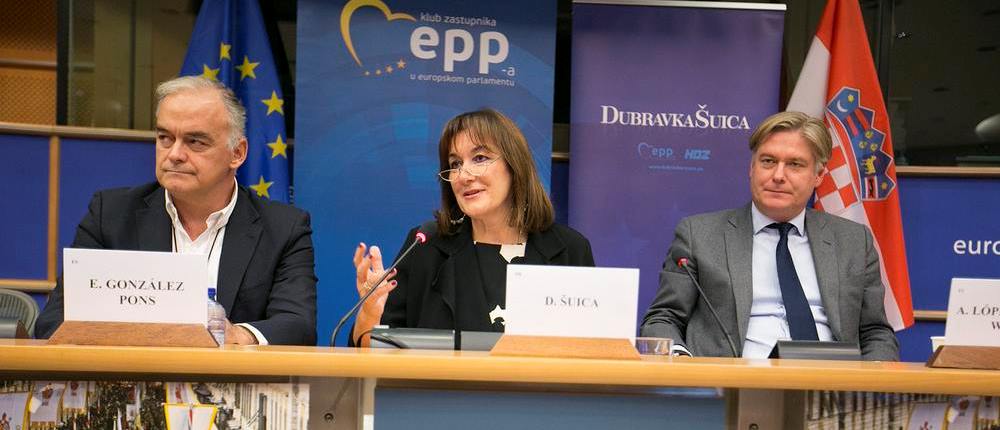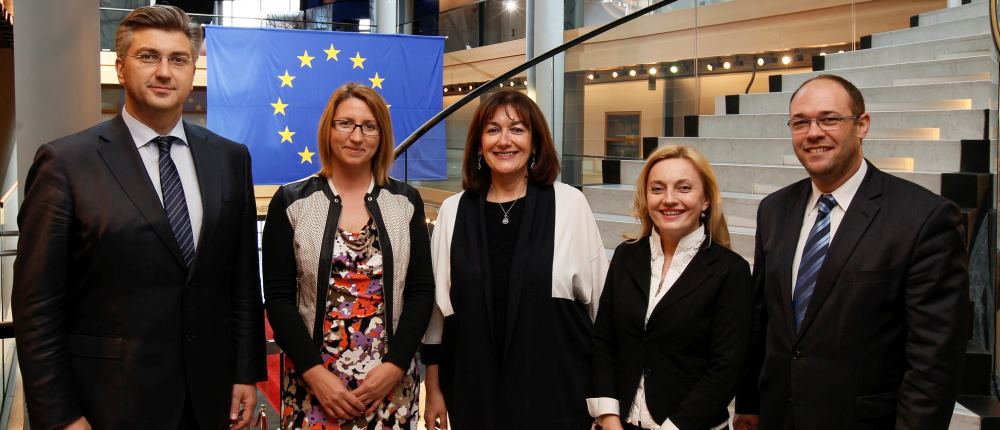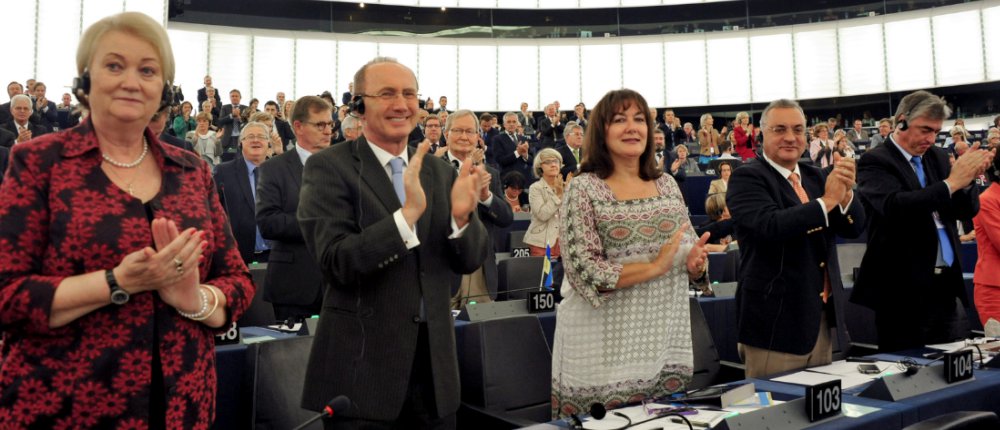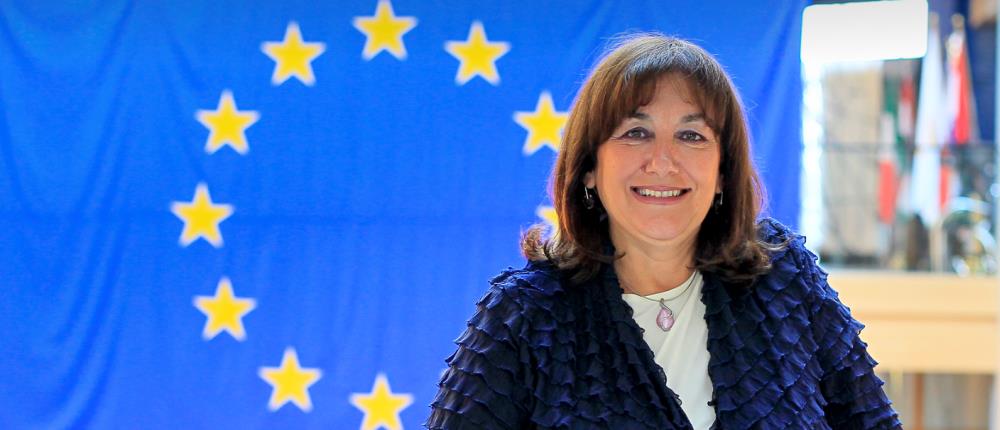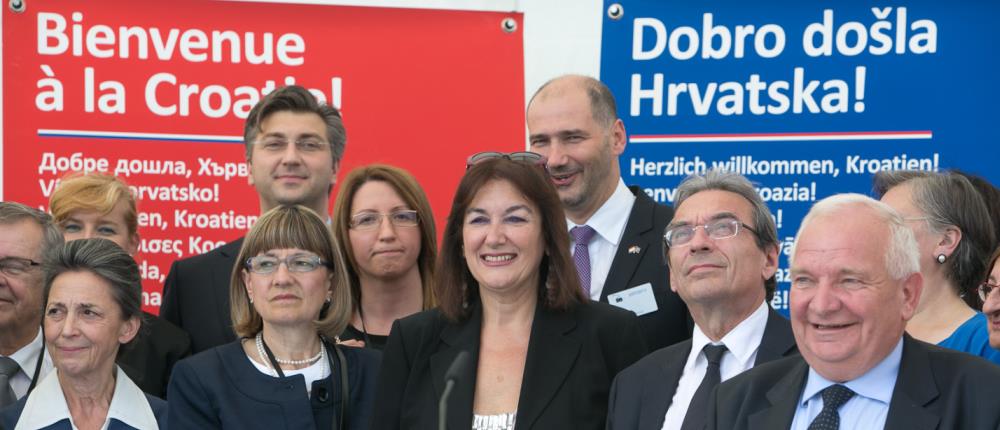Twenty years have passed since the signing of the General Framework Agreement for Peace in Bosnia and Herzegovina (BiH) – the Dayton Agreement, the agreement that ended the war, an agreement that for many seemed provisional. The agreement through which the institutional framework of BiH, a unique hybrid, was established brought the peace. However, analysis of this agreement, the country’s organization, functioning and efficiency of human rights instruments still represents a challenge for politicians, as well as academia.
The Dayton Agreement was reached in November 1995, at the American Air Force base near Dayton, Ohio. It was formally signed in Paris, on the 21st of December 1995 by Franjo Tuđman, Alija Izetbegović and Slobodan Milošević. This agreement was the peace agreement that terminated the military conflict in BiH. UNPROFOR and IFOR forces (later EUFOR forces) were in charge of stopping further war activity through the UN mandate.
What is interesting about Dayton is that it was never formally ratified, although it still serves as BiH’s Constitution. Paradoxically, none of the original versions of the agreement exist, as all seem to have been lost, so one can assume that the citizens of BiH were not sufficiently informed about its content. The Office of the High Representative, which was established by this agreement, is authorized to interpret it and to clarify any vagueness found within. The Office also has the right to change certain laws and statutes, ban performance of duties for certain politicians, etc. The Office of the High Representative has frequently made amendments over the past 20 years. By doing so, the original Dayton Agreement has in a certain way been negated, since the aforementioned amendments have ended equality of the three constitutive nations. An example of one such amendment is the election law which allows for one constitutive nation to elect the other nation’s representatives, which has led to and continues to lead to further political turmoil in the country.
Apart from ending the war and bringing the long awaited peace, the aim of the Dayton Agreement was to secure the equality of the three constitutive nations (Bosniaks, Croats and Serbs). It established two entities: the Federation of BiH (FBiH) and the Republic of Srpska, as one, and the District of Brčko as the other (the District was established so that the Federation and the Republic of Srpska would not have territorial integrity, and also because it had a mixed population structure).
FBiH, as mainly a Bosnian and a Croatian entity, got 51% of the territory, and the Republic of Srpska, as mainly a Serb entity, got 49%. Furthermore, the Federation consists of ten different counties. It is clear that organizing the country in this way has made BiH significantly more difficult to manage, making it the country with the largest number of ministers in Europe. Bureaucracy makes potential foreign investments almost non-existent, and domestic investors have problems with an inert system, a large number of government levels, corruption, etc.
The consequences of the inadequacies of the Dayton Agreement unfortunately do not end with bureaucracy because the distribution of money among the counties is unfair. The insufficiently elaborated financial system is not based on the principle of the counties’ contribution to the budget, rather it is centralized. By distributing the financial resources according to unclearly defined coefficients, Sarajevo County gets 30% of the total income (around 140 mil. KM annually), while the rest of the money is distributed among the 10 remaining counties of FBiH. If the ‘special’ Sarajevo coefficient were abolished, 140 mil. KM would become available to other counties in the FBiH, enabling far more even development of all FBiH regions.
It is obvious that after the Dayton Agreement, a real Constitution should have been established, but this never happened. Moreover, the situation was complicated with the agreement’s numerous amendments. Due to all of the above, the country is suffering economically, with very few chances for development. Young people are leaving and corruption is widespread. The only solution is a reorganization of the country, where the control would be in the hands of its citizens, i.e. their legal and legitimate representatives. When it comes to reorganization, the ˝Swiss Model˝ is frequently mentioned, that is, the federalization of the country, but most importantly, it is necessary to secure equality for all citizens of the country.
The most egregious affront to the institutional equality of the Croat people is the fact that the Croat BiH Presidency member can be and has been elected by a Bosniak majority vote, something that is facilitated by the election law that is insufficiently articulated and does not follow the founding idea of the three constituent peoples. Due to amendments passed in 2002, this has led to the election of the FBiH Presidency and Government without legitimate representatives the Croat majority, eliminating the equal constitutional position of Croats in FBiH and in BiH as a whole.
The constitutional problems discussed in this article have had a negative effect on everyone in BiH, however, the inequality faced by Croats in BiH is especially unfair. The Croats are the only constituent people who do not have institutional equality in both BiH entities, both at the state level and at the canton level where they are a majority population. The system is also lacking with regard to constituent minorities, or rather, constituent peoples that live in areas where their people is not the majority. This framework has led to negative demographic effects such massive resettlement of constituent peoples to areas where their own people form a majority and even abroad, which endangers the most basic functions of the society and the state.
Acknowledging and adhering to equal constitutionality for the Croats is a key precondition for BiH’s further democratization and development. Furthermore, the need for BiH to intensify reforms should be seen as a precondition on the path towards the EU because when equality is not respected, there is loss of trust in institutions and questioning of legitimacy, which makes it difficult for institutions to function. Therefore, for the good of BiH as a whole, the Croats must gain the institutional equality that will provide legitimacy for canton and state institutions, which will lead to much needed positive social, political, and economic changes.
http://eptoday.com/twenty-years-of-the-dayton-agreement-in-bosnia-and-herzegovina/






